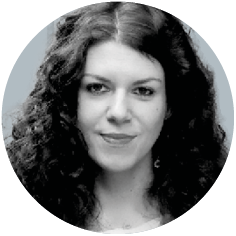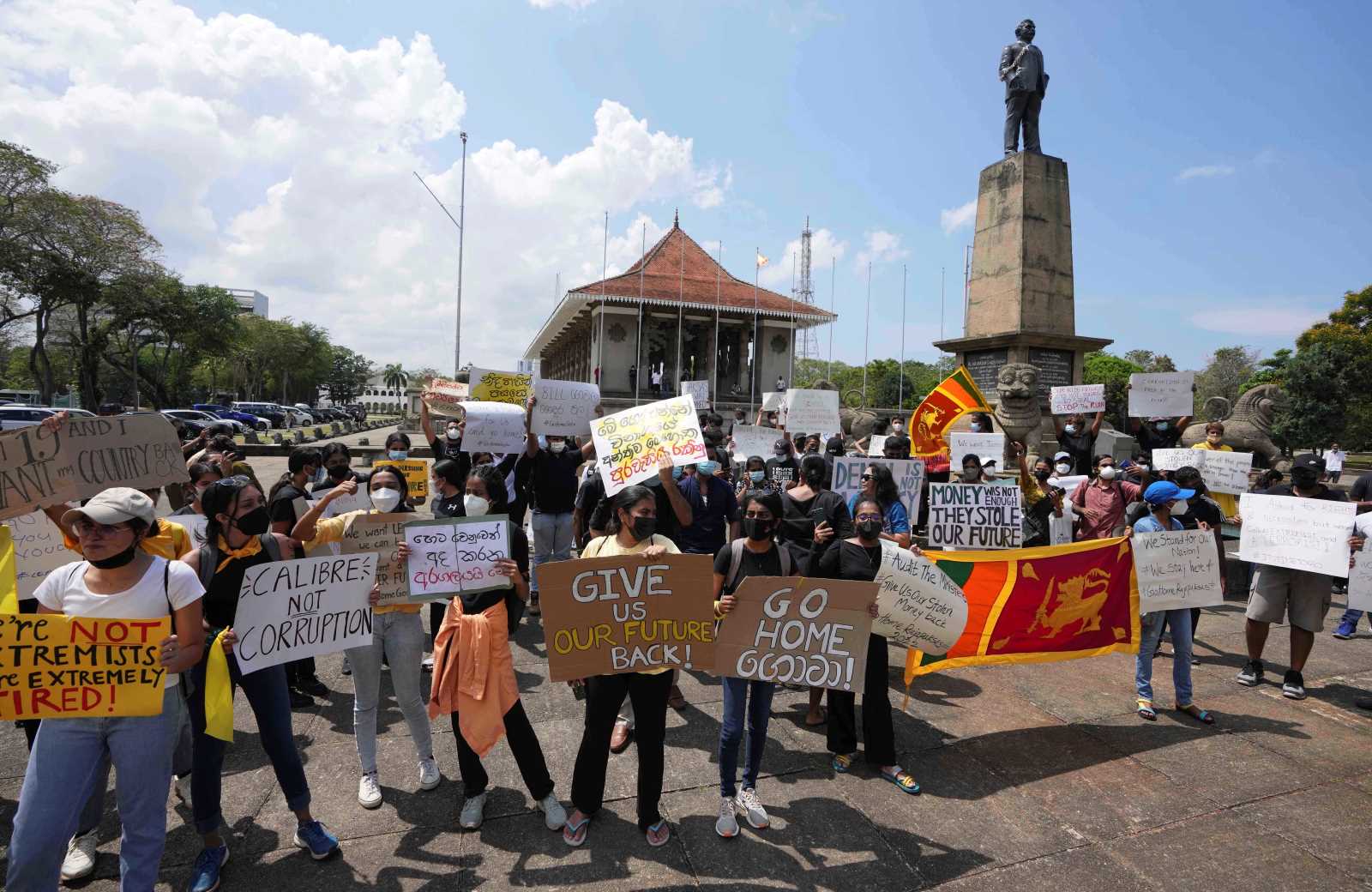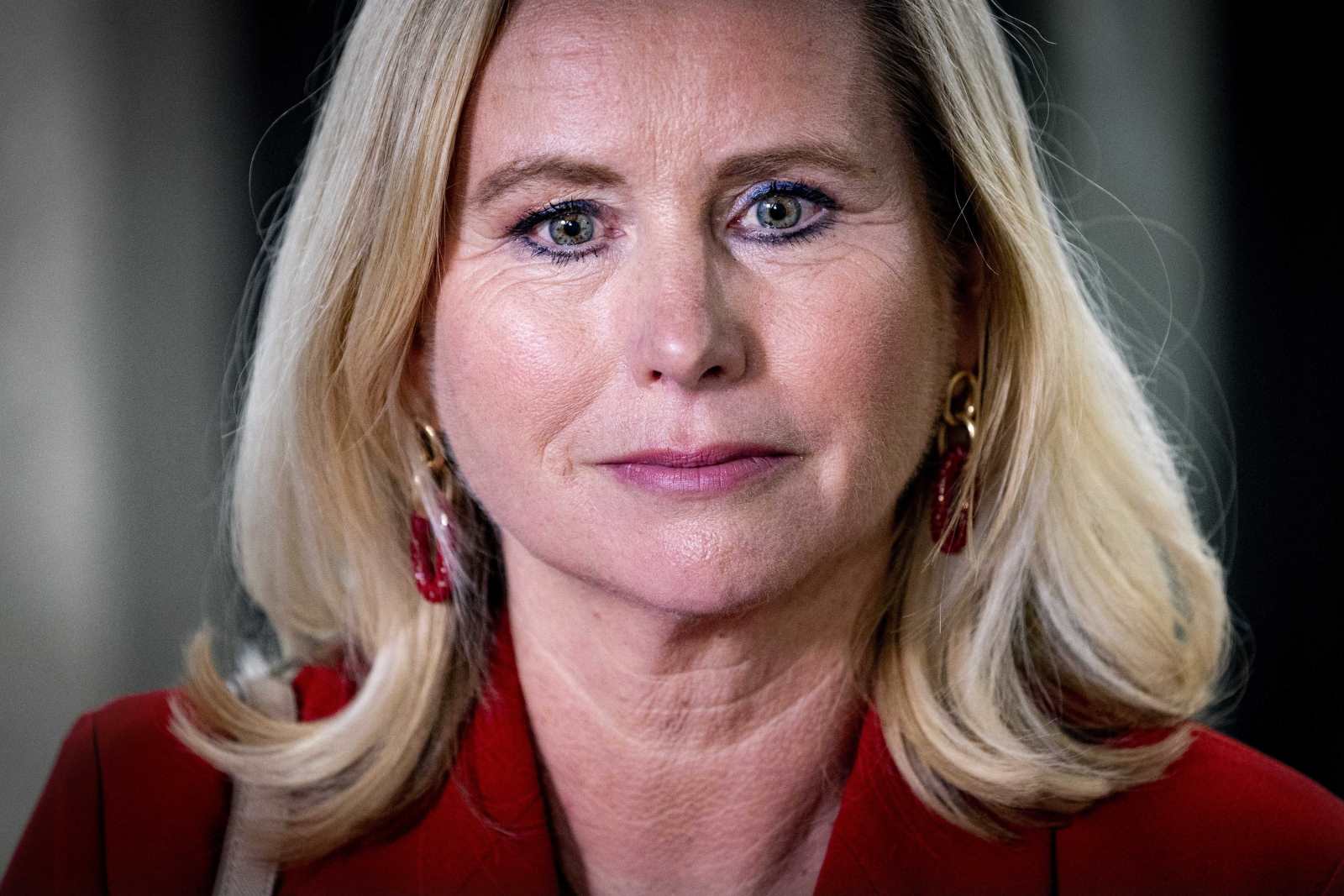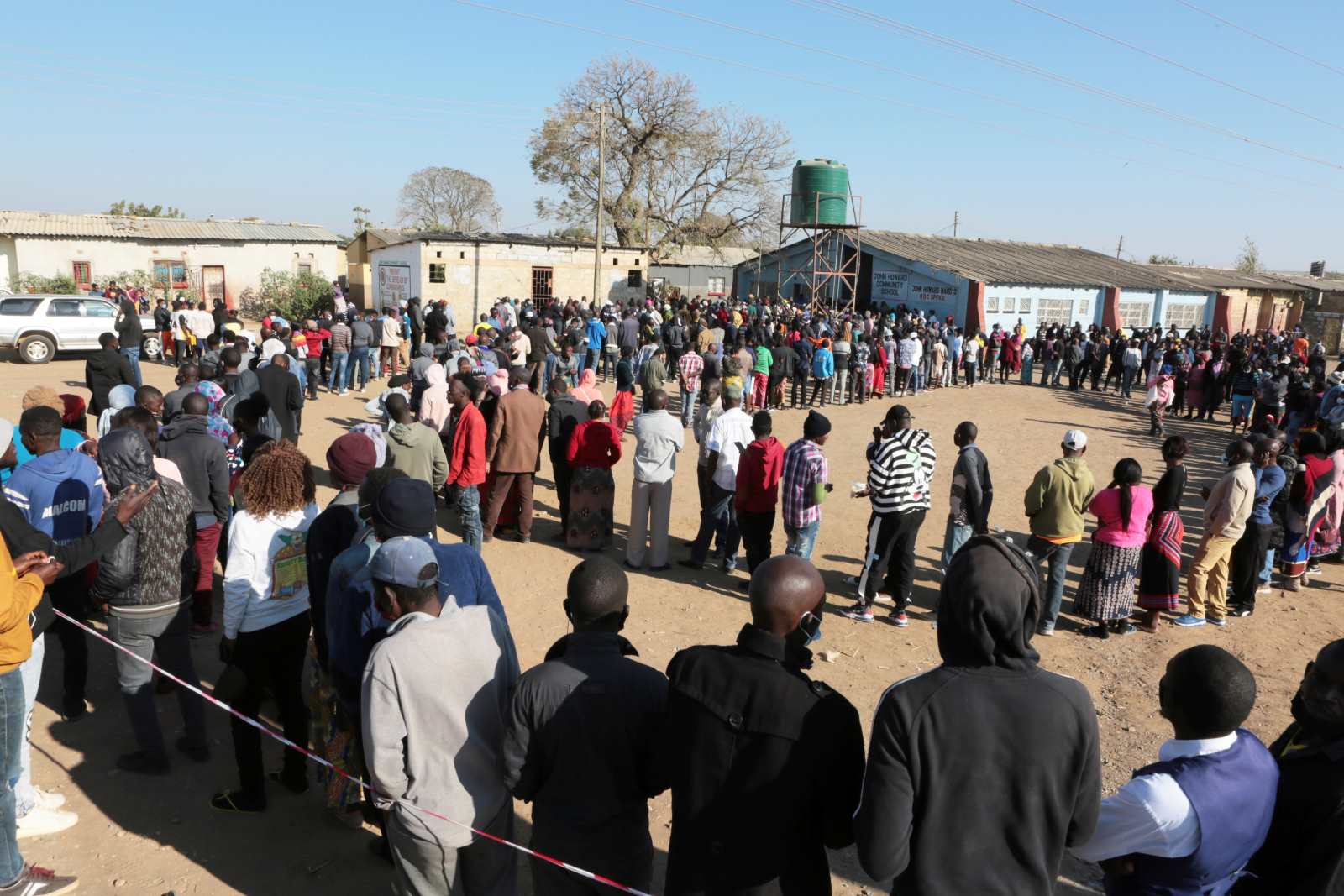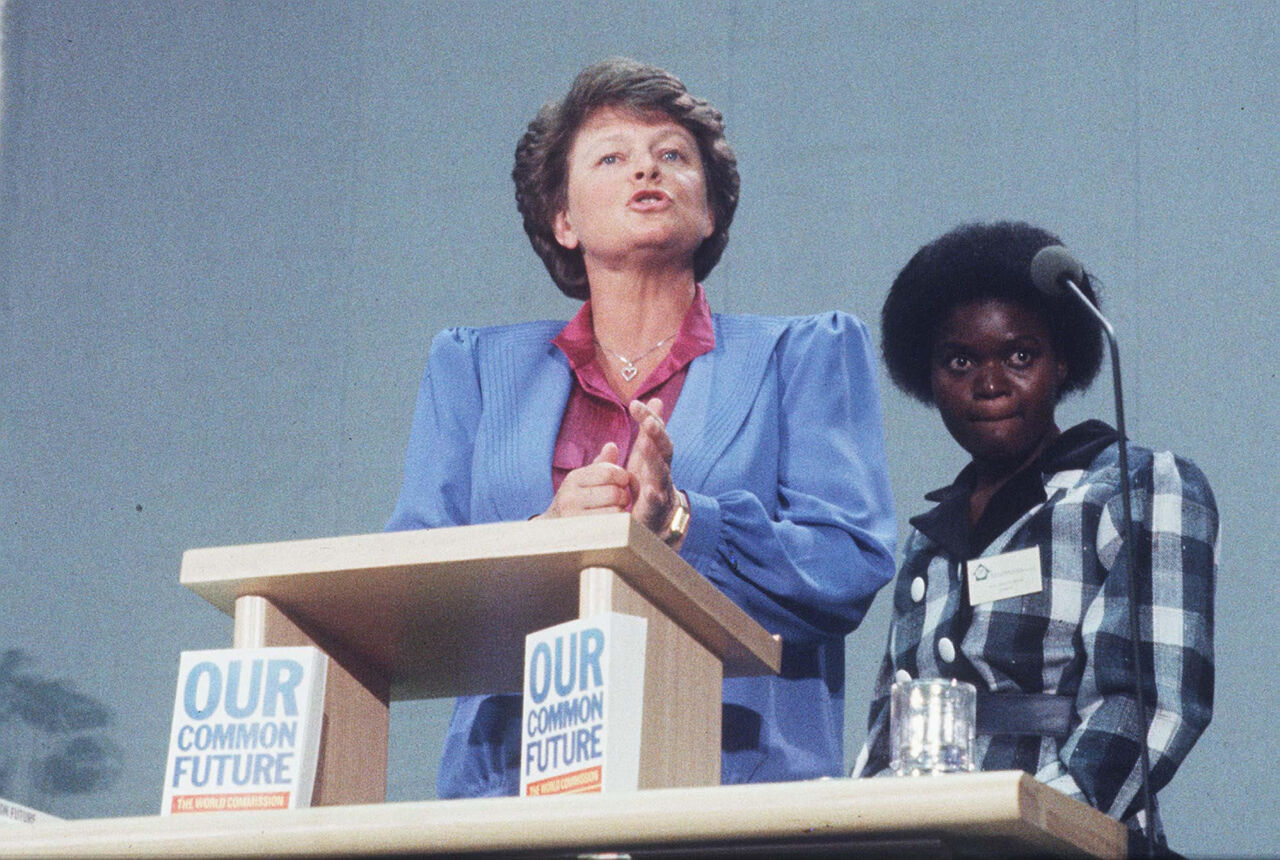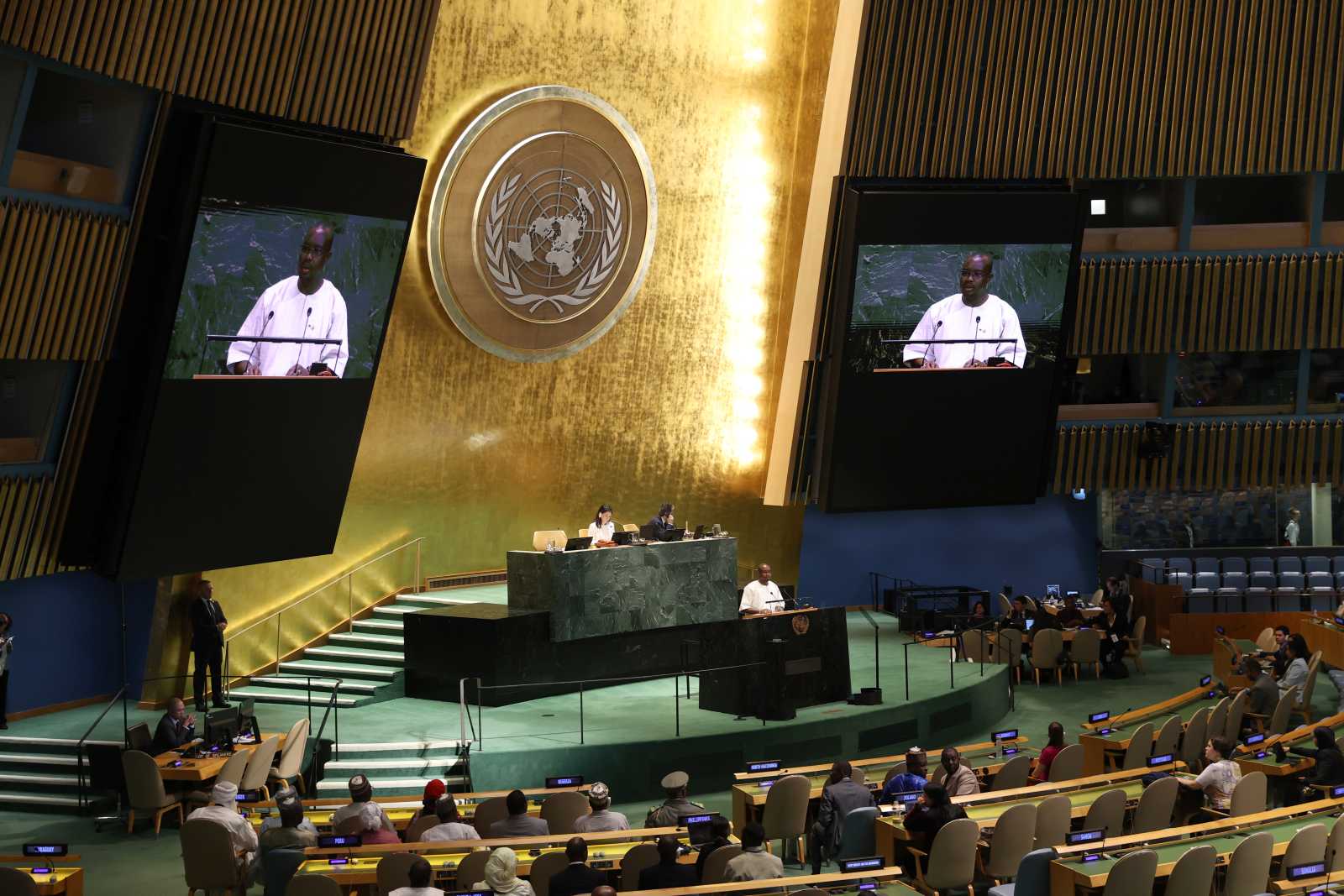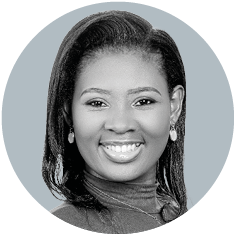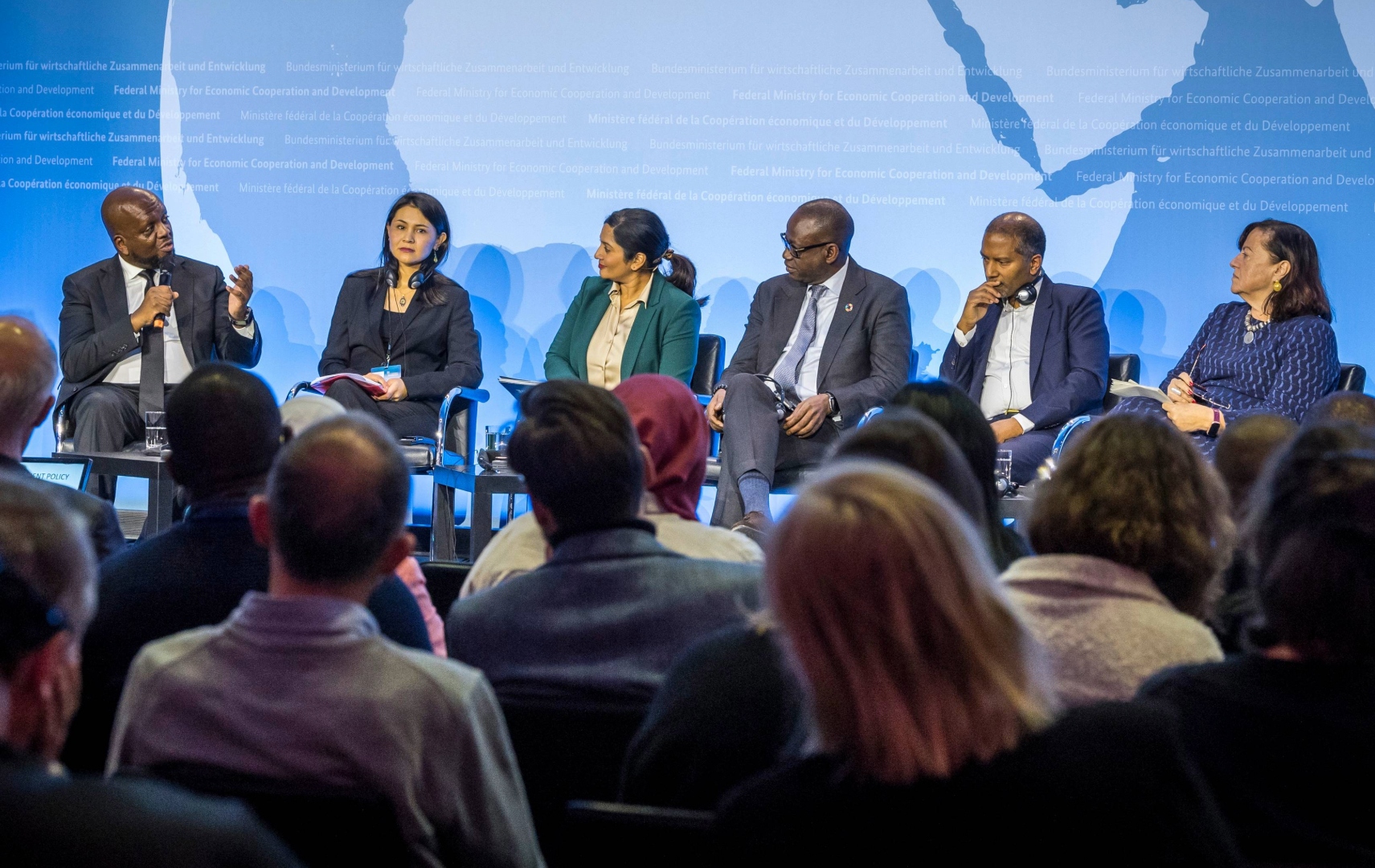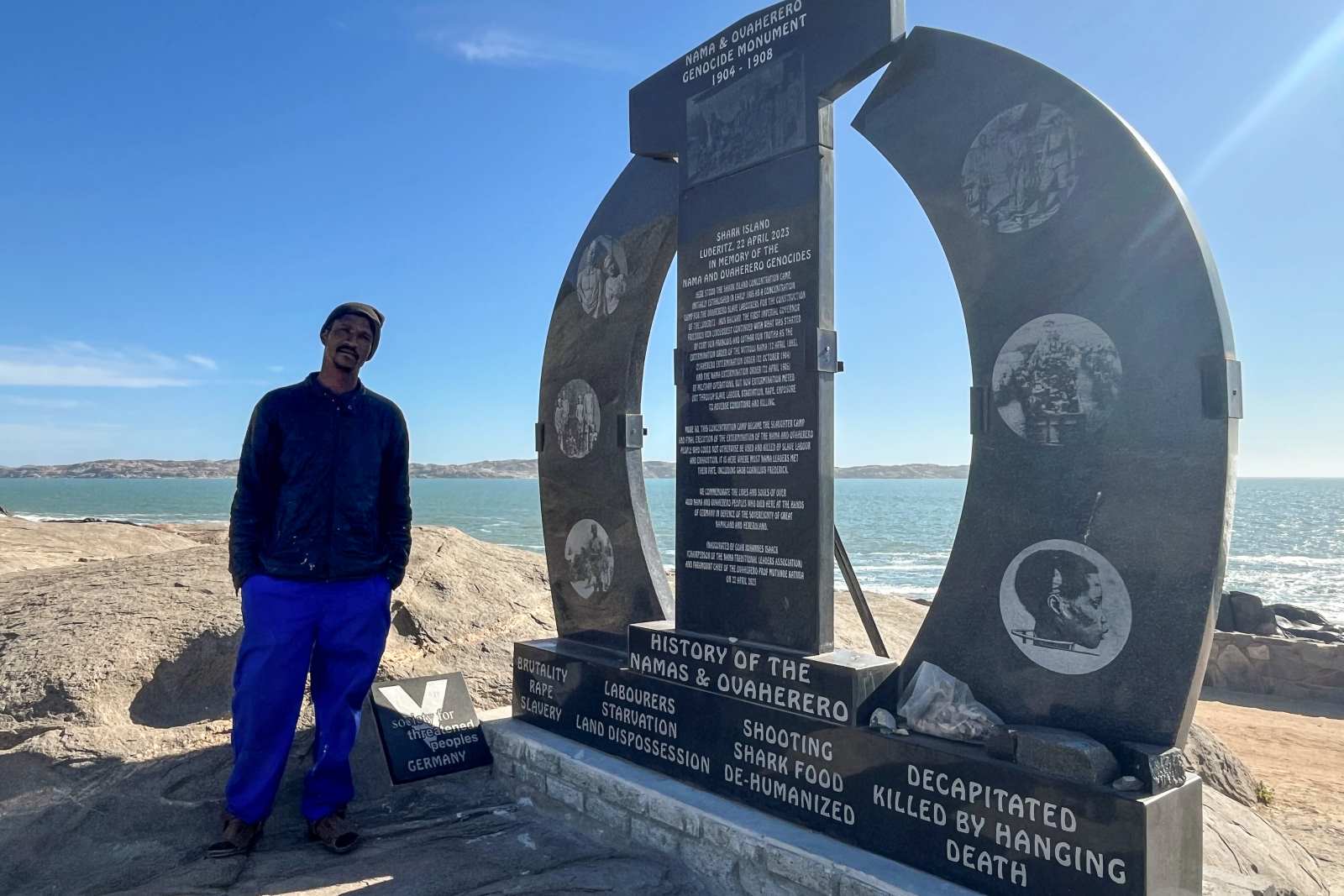International development
Development policy must not ignore changing global realities
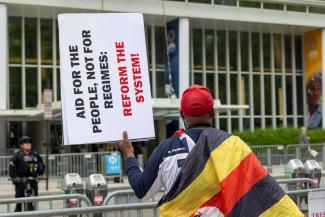
The rifts between the so-called west and south are deepening. Reasons include grievances such as the unequal distribution of Covid-19 vaccines and the horrendous debt burdens that some countries are struggling with. Increasingly, developing countries’ government spending is flowing into debt servicing rather than urgently needed development. “A new reality is in the making,” says Len Ishmael, a former ambassador of the Eastern Caribbean states to the EU and Belgium.
With the war in Gaza, the point of no return may have been reached in terms of broken trust between the west and the south, says Ishmael, who now works for the Diplomatic Academy in Brussels. In view of the humanitarian catastrophe unfolding in Gaza, many expected western governments to intervene more decisively instead of merely endorsing Israel’s “right to self-defence”. When other countries are suspected of war crimes, they normally fast put pressure on those governments and insist on a rules-based world order, Ishmael says. According to her, many observers in developing countries and emerging markets would appreciate a rules-based world order – but it would have to be “one in which the rules are not changed whenever the referee doesn’t like them anymore.”
Ishmael is aware of the inadequacies of the terms “global south” or “west”. Nevertheless, she finds them useful. “South”, according to her, implies shared experiences of colonialism, underdevelopment and solidarity, while “west” indicates notions of shared values and common interests.
However, Ishmael proposes the term “new south”, which stands for a newfound capacity for agency, strategic alliances with multiple partners and leadership emanating from very different places. She is not only thinking of Brazil and India, but even of small island states like Barbados. In her eyes, new south also suggests that there is no simple division into good and evil.
The reality in most countries of the south is that masses of people live in poverty. Accordingly, governments there prioritise pragmatic approaches that help their people. Diplomats from Africa, Ishmael reports, are prone to saying things like: “The Vice President of the USA came and lectured us; the Chinese are coming to build roads.”
That we are at a watershed became undeniably clear at a conference celebrating the 60th anniversary of the German Institute of Development and Sustainability (IDOS) in Bonn in early July. Two years ago, the institute changed its name from Deutsches Institut für Entwicklungspolitik (DIE) to IDOS. It was a birthday celebration in bleak times: With the rise of the far right across Europe, the existence of the entire aid community is at risk.
ODA and autocracies
A troubling fact is that around 80 % of donor government’s official development assistance (ODA) flows to autocratic contexts, according to research. Hawa Ba of the Open Society Foundations reports that civil-society space has shrunk considerably all over the world. However, civil society has not been eradicated, she pointed out. In many countries, activists are working to circumvent restrictions. Ba cites Senegal and Kenya as recent examples. In both countries, young people in particular have taken to the digital space to fight for democracy.
Promoting democratic structures in places with autocratic tendencies is not easy, says Ba. One challenge is that youth movements in Africa tend to reject western donors, as they do not want to stay dependent on the rich countries and strive for authenticity. Nevertheless, engagement is possible, says Ba, but donors must respect the agency of these movements and meet them where their needs are. This includes paying close attention to channels like X, TikTok and WhatsApp.
Survival Development Goals
In view of the numerous global challenges, the shared vision beyond 2030 remains blurred at best. André de Mello e Souza of the Brazilian think tank IPEA (Institute for Applied Economic Research) notes that multilateral institutions are becoming weaker in times of global polarisation. In his eyes, the reforms of the IMF and the World Bank were too little, too late. According to him, the principle of common but differentiated responsibilities (CBDR) must become binding. It obliges all states to combat the climate crisis but denies equal responsibility. He would also like to see a global tax on the ultra-rich – not only to raise government revenues, but also to curb their global influence.
The UN Sustainable Development Goals (SDGs) with their list of internationally acknowledged development targets are under growing scrutiny too. Many observers agree that they cover too much ground and are too complex. Some say the focus should be on health, inequality and the climate crisis, which require global cooperation, rather than issues like education which nation states can deal with on their own. Jörg Faust of the German Institute for Development Evaluation (DEval), expresses the general sentiment: “They are the best we have, but not good enough.”
In view of the numerous crises occurring around the world, the next set of goals could be called the Survival Development Goals, says Archna Negi of India’s Jawaharlal Nehru University. In her view, responsible consumption, not growth as such, is the key to sustainability. She argues that debates about growth and de-growth do not make sense unless the entire capitalist system can be put in question, which is unlikely to happen, says Negi.
Katharina Wilhelm Otieno belongs to the editorial team of D+C/E+Z.
euz.editor@dandc.eu
